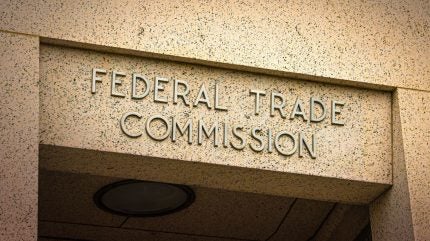
The Wine & Spirits Wholesalers of America (WSWA) has expressed “significant concern” about the Federal Trade Commission’s (FTC) lawsuit against Southern Glazer’s Wine and Spirits’ pricing practices.
Filed last month, the FTC’s suit accuses Southern Glazer’s of “depriving” small and independent retailers of discounts and rebates, affecting competition.
The FTC claims Southern Glazer’s violated the Robinson-Patman Act, under which it is “generally illegal” for sellers to charge “higher prices to disfavoured retailers that purchase similar products”.
Southern Glazer’s has “strongly” disputed the FTC’s allegations and has said it plans to “defend itself vigorously in this litigation”
Florida-based Southern Glazer’s distributes for major beverage-alcohol makers including Bacardi, Diageo, Pernod Ricard, and Suntory Global Spirits in 45 US states and Canada.
On 6 January, the WSWA, of which Southern Glazer’s is a member, called for “further clarification” from the FTC regarding the lawsuit.

US Tariffs are shifting - will you react or anticipate?
Don’t let policy changes catch you off guard. Stay proactive with real-time data and expert analysis.
By GlobalDataIn a statement, the trade body said: “Volume-based discounts are a long-accepted practice across the economy and, in the case of alcohol, often regulated by the states. Targeting such practices without any prior guidance is equally as concerning.
“This is particularly true in one of the country’s most heavily regulated industries, one that has a culture of regulatory compliance at both the federal and state levels.”
The Robinson-Patman Act was authorised in 1936 but the WSWA said business practices have since evolved to reflect current government guidance and enforcement.
It argued the spirits industry’s “decentralised” regulatory approach is a “global model of effective regulation, balancing public health and safety with economic growth, innovation, and consumer choice”.
The development of laws since the end of Prohibition that protect public safety by creating a buffer between producer and retailer and banning certain trade practices, the trade body argues.
The WSWA believes wholesalers such Southern Glazer’s “play a key role in this regulatory structure and in creating well-regulated competition within all three tiers of the industry”.
It added: “Businesses cannot thrive – or even survive – in the 21st century when laws long unenforced are suddenly resurrected without clear guidance from regulators.”
In November, the WSWA forecasted that US spirits sales would continue to decline in the first half of 2025.
The US spirits industry, which has faced pressure on sales in recent quarters, is expected to encounter “significant headwinds” in 2025.
In a report covering the third quarter of 2024, the WSWA noted that inventory management in the industry remained tight.



